TikTok Has Everyone Using Potatoes to Cure Their Acne—Yep, You Read That Right!



Ashley Locke

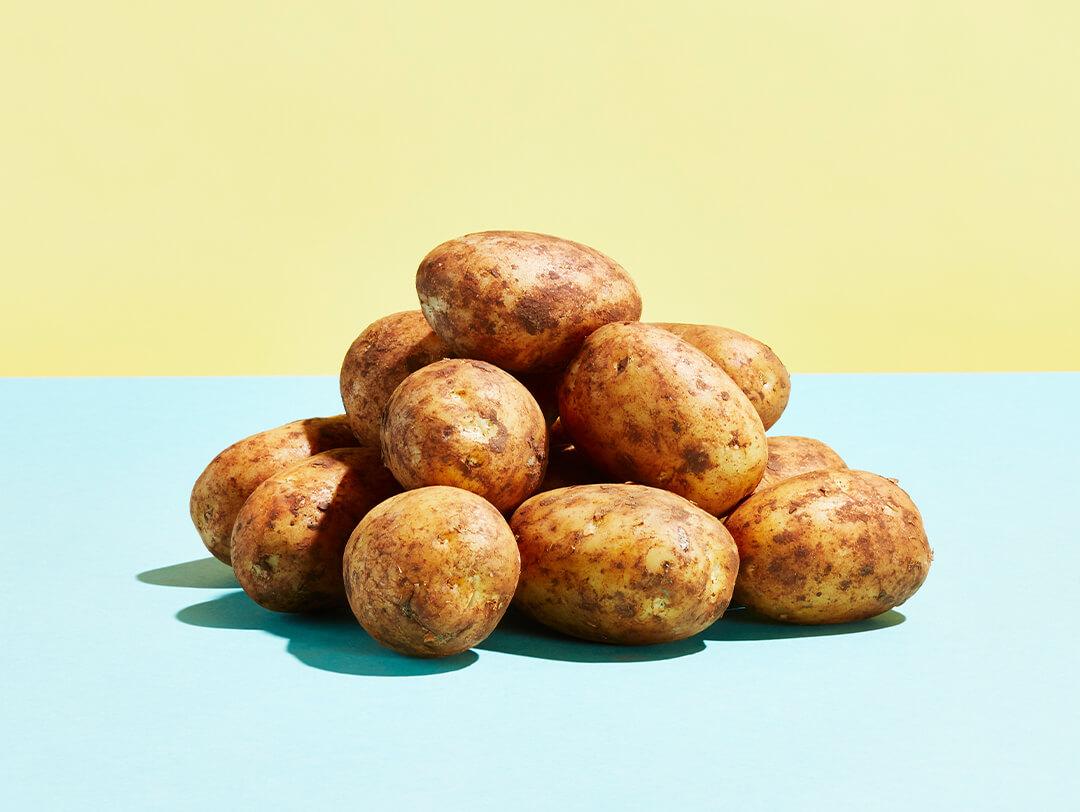
TikTok has been our main source of entertainment since we’ve been cooped up indoors for what feels like ages. We’ve learned how to make whipped coffee and cloud bread, were inspired to start roller skating, and were mesmerized by the art of rug making. But there was one trend we couldn’t stop obsessing over—using potatoes for acne.
It all started last April when user @sierrastyless posted a video using a potato slice to minimize the size of her pimple. Noting that the pimple was “the size of Peru,” Sierra was shocked (and so were we) when she removed the potato slice from her face to reveal the zit was almost cleared up the next morning. And Sierra’s video was just the beginning. TikTok users everywhere started using potatoes for acne once they caught word of this skincare hack, with many of them highlighting how well the root vegetable zaps zits.
Before you purchase a sack of potatoes to try this trick out yourself, we asked a few experts to weigh in on using potatoes for acne. Keep reading to discover what they had to say about the TikTok trend!
It's about glam time you treated yourself.
Join IPSY

MEET THE EXPERT
Courtney P. Chiusano is a Los Angeles-based holistic facialist and owner of Courtney Chiusano Skincare.
Lindsey Zubritsky, MD, is a board-certified dermatologist who specializes in general, surgical, cosmetic, and pediatric dermatology.
Mamina Turegano, MD, is a triple board-certified dermatologist, internist, and dermatopathologist.
So, Do Potatoes Actually Help With Acne?
All the TikTok videos we’ve seen of people using potatoes to minimize a pimple have us convinced this is an inexpensive alternative to treat acne. Facialist Courtney P. Chiusano was so intrigued by this trend that she dared to try it herself. Courtney shares that she “applied a thin slice of white potato on clean, dry skin and left it on for about 10-15 minutes. It did help reduce some of the inflammation immediately, and the next day, the blemish was smaller.” She mentions that a potato’s anti-inflammatory and oil-reducing properties make the vegetable effective at treating blemishes.
Dr. Lindsey Zubritsky points out that the starches in potatoes “are anti-inflammatory and can soothe irritated skin. They also contain vitamin C, which is a powerful antioxidant that helps to prevent and treat dark spots, blemishes, and hyperpigmentation.”
If you’ve read this far, you’re probably eager to get to the store and pick up some potatoes—hold your horses. This hack isn’t exactly a cure for acne. What potatoes are good for is zapping the occasional zit every now and then; they will not and cannot get rid of your acne for good. Dr. Mamina Turegano shares that while potatoes do contain all these beneficial ingredients for our skin, “there aren’t any studies that have looked at potatoes and acne, so we don’t really know if this is truly an effective treatment for clearing up pimples.”
While each expert notes using potatoes for acne isn’t the be-all and end-all solution, they’re not opposed to people testing out this DIY hack for the occasional pimple. So, that’s exactly what I did in order to potentially get rid of the small zit on my chin. I followed Courtney’s advice of using a “freshly washed, organic potato with no sprouting to minimize toxins” that was sliced thin enough to stick to my complexion without the use of tape. I kept the small slice of potato on for 10 minutes, as Courtney prescribed. Generally, people leave the potato on overnight, though the experts warn this is far too long and can make things worse. When I removed the potato from my chin, I didn’t notice that much of a difference. The pimple was already small to begin with, so that could’ve been why the potato didn’t zap it as well as I was expecting.
What Are the Potential Benefits (and a few Drawbacks) of Using Potatoes for Acne
1. They can reduce oil and brighten skin.
As previously mentioned, potatoes contain vitamin C, which offers a near never-ending list of skin benefits. When it comes to potatoes, Courtney points out that their combination of salicylic acid and vitamin C “can help reduce oil and help brighten” your complexion.
2. They can soothe irritated skin.
Every part of the potato is useful, though it’s what’s on the inside that counts. Dr. Zubritsky mentions that the inside of potatoes “contain starches, which are anti-inflammatory and can soothe irritated skin.” So if you’re going to use the vegetable topically, you’ll want to make sure it’s the inside with all those starchy juices.
3. They target inflammation.
Courtney shares that when used topically, potatoes are great at targeting inflammation locally. Consider them a more natural, organic alternative to your go-to pimple patches or spot treatments. Should you ever run out when you need them most, reach for a potato.
4. They stabilize blood sugar levels and promote a healthy gut.
Consuming potatoes also offer major benefits for your skin. “Potatoes contain various types of fiber, which can help feed the friendly bacteria in the gut and stabilize blood sugar levels (make sure to eat the skin). Both a healthy microbiome and stabilized blood sugar can help with acne,” Dr. Turegano shares.
Additionally, Courtney says “eating [potatoes] can help with overall skin health due to the high fiber content and minerals that can boost collagen overall.”
5. They can promote healthy skin.
Dr. Turegano again mentions that “potatoes are full of nutrients and antioxidants, including vitamin C, chlorogenic acid, catechins, lutein, along with potassium, vitamin B6, folate,” which all make healthy skin easier to achieve.
6. They can cause irritation or allergic reactions.
This should go without saying, though if you’re already aware of an allergy to potatoes, you absolutely should not be trying this trend. The same goes for those with a latex allergy. As Dr. Zubritsky notes, “people with latex allergies may have a cross-reactivity with potatoes” and should always perform a patch test first before using this DIY hack on their complexion.
The experts warn that those with sensitive skin should also avoid this DIY skincare hack, as it may cause unnecessary irritation. It’s best to stick with what you know.
7. They may make things worse.
Not only can potatoes cause irritation for some, Dr. Zubritsky shares potatoes “may also delay treatment with more effective products, which can lead to wasted time or worse scarring, untreated acne.” There are better acne products out there than potatoes, so the experts want you to look for over-the-counter options that contain benzoyl peroxide, salicylic acid, or retinoids to treat your blemishes.
Need help finding the best skincare products to clear your complexion? We’ve got your covered. Take our Beauty Quiz now to get started with your own IPSY Glam Bag. Already an Ipster? Refer your friends to earn points, which you can use toward products. Either way, don’t forget to check us out on Instagram and Twitter @IPSY.
Like this article? Share it with your friends by clicking the icons below!
Liked this post? Share!
Related Stories
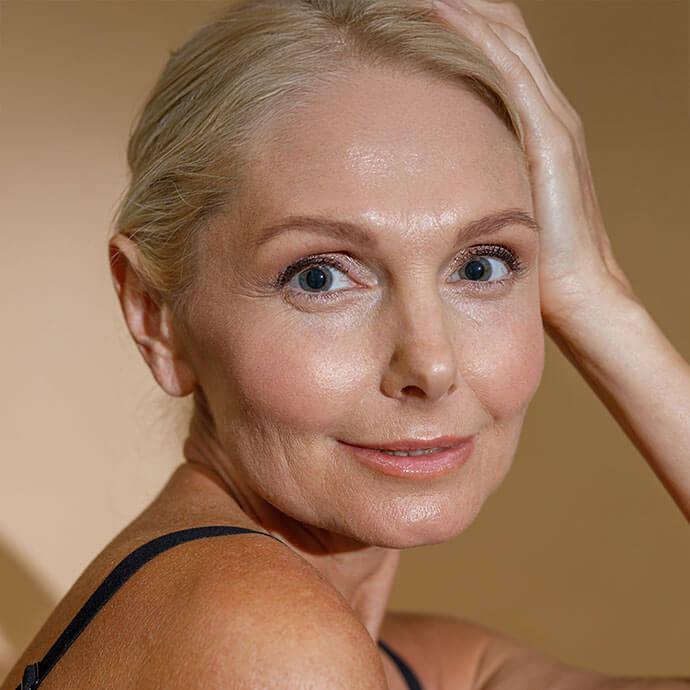
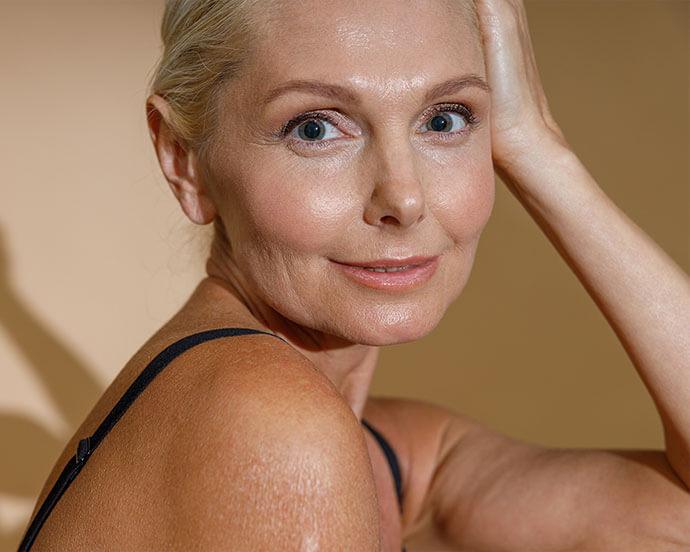
Skin
This Is How People Are Using Retinol Without Peeling
Published on Feb 3, 2026 • 5 min read

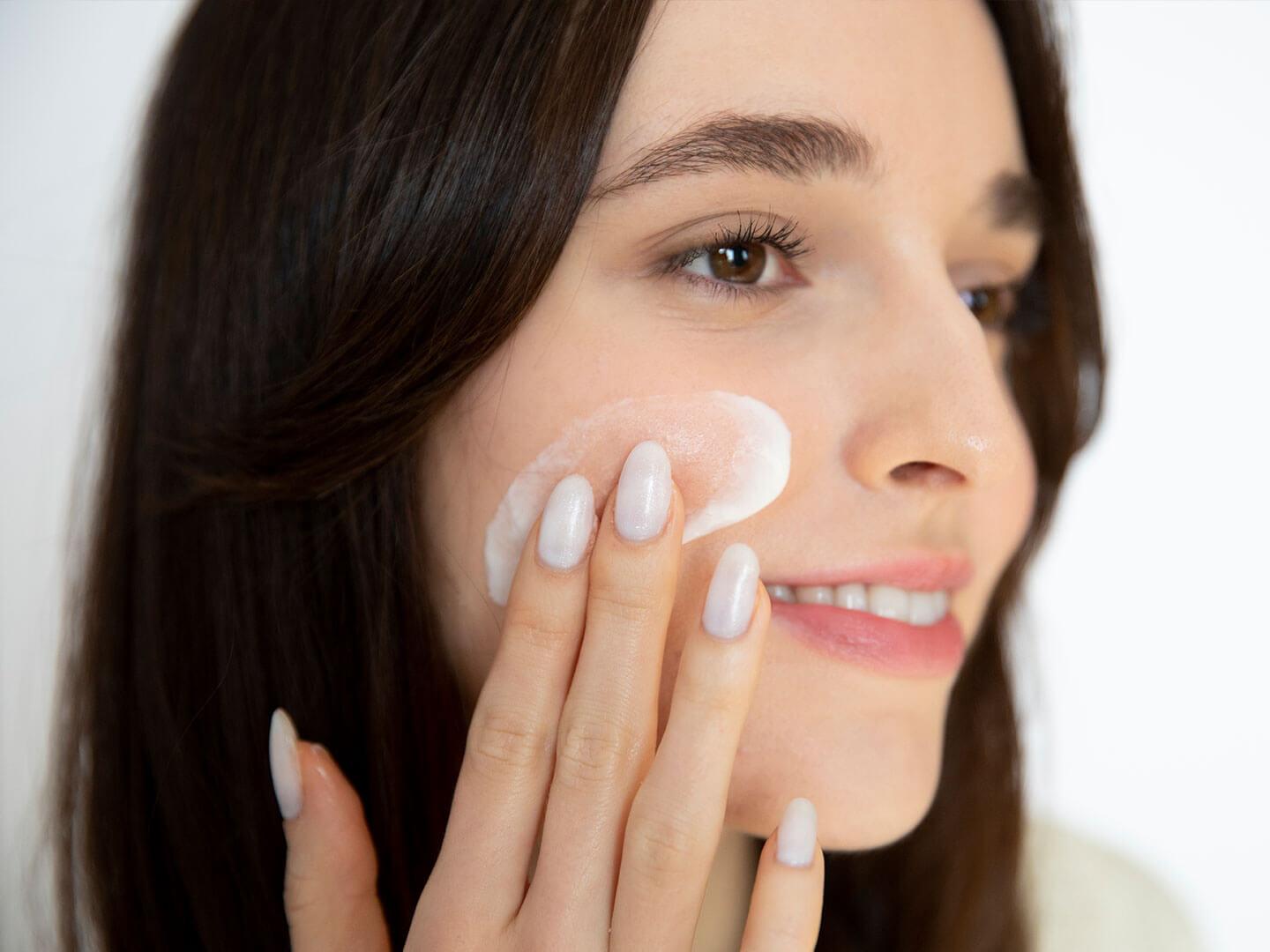
Skin
The 10 Best Barrier Creams for Every Skin Type
Published on Oct 10, 2024


Skin
7 Expert-Backed Hacks to Fix Your Skin Barrier
Published on Nov 27, 2024 • 5 min read

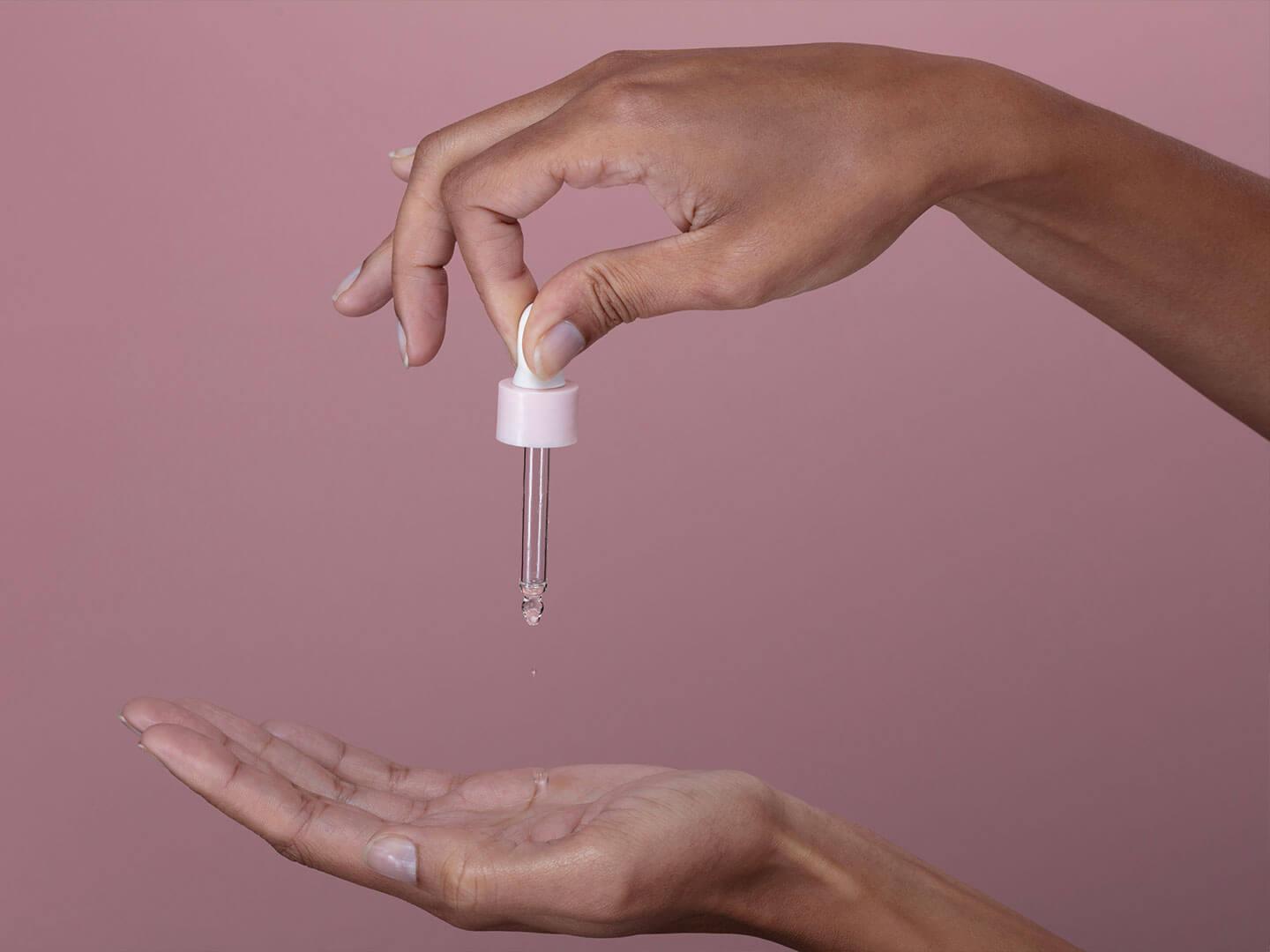
Skin
Your Step-By-Step Guide to the Perfect Morning Skincare
Published on Sep 11, 2024


Skin
Sensitive or Reactive? Let’s Get Real About What’s Going On With Your Skin
Published on Feb 3, 2026 • 5 min read


Skin
What Is Reactive Skin and How Do You Treat It? Our Expert Weighs In
Published on Feb 3, 2026 • 5 min read

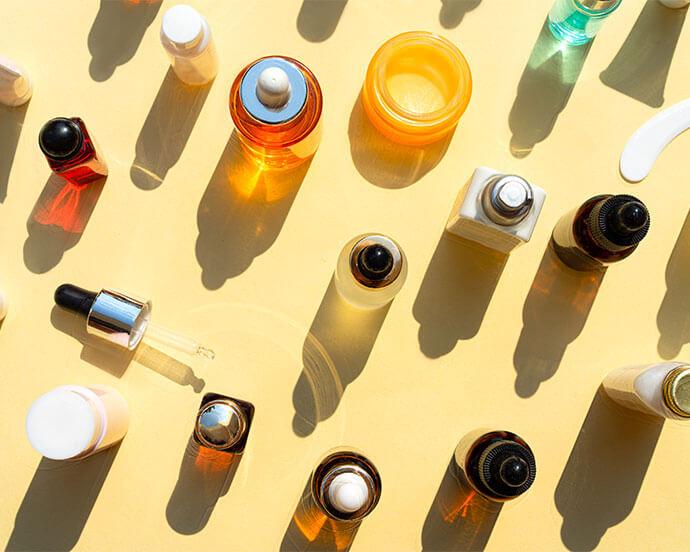
Skin
Should Skincare Hurt? Experts Say Stop Using Your Product If This Happens
Published on Feb 3, 2026 • 3 min read


Skin
What Does Stress Do to Your Skin? Experts Weigh In
Published on Feb 3, 2026 • 9 min read


Beauty Picked Just for You
Get 5 products worth up to $70
Plus exclusive access to epic deals up to 80% off
Starting at just $14/month. Cancel anytime.